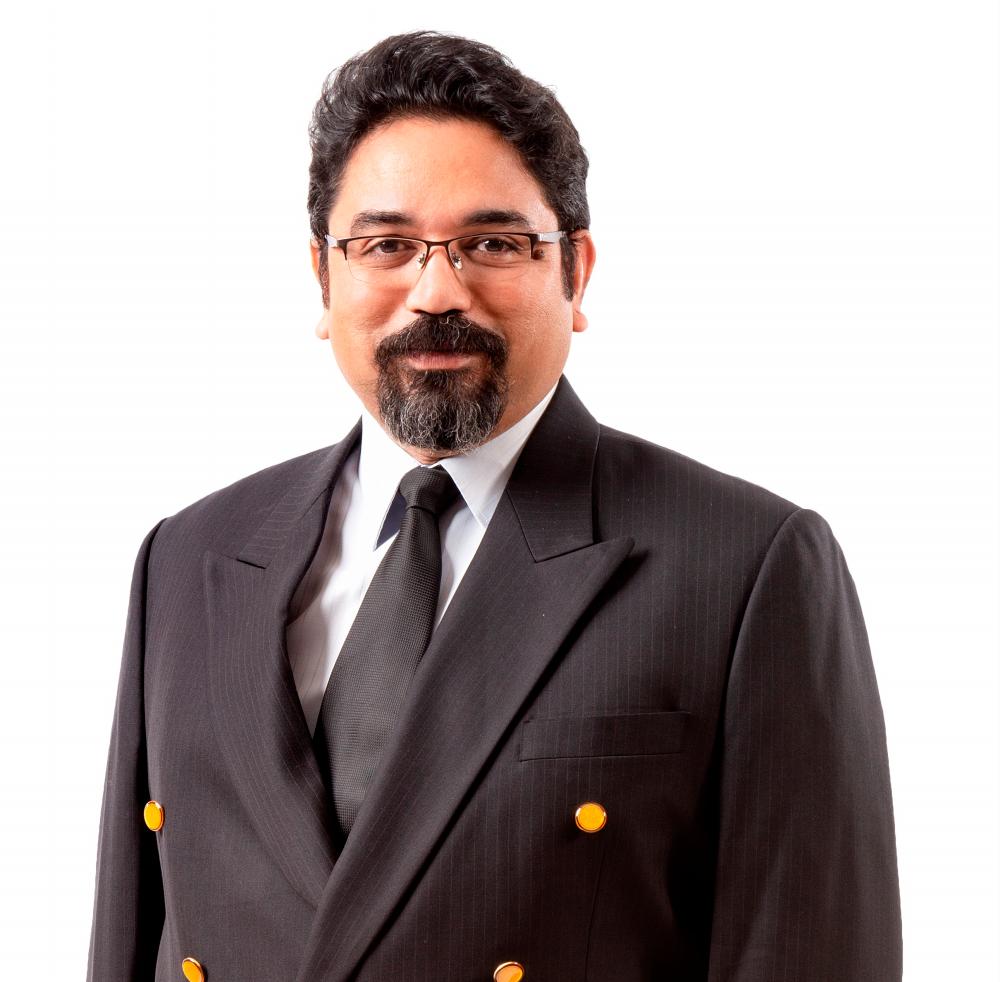THE recent announcement by the Malaysian Ministry of Health (MoH) to ban access of tobacco and vape products to those born after 2005 has resulted in divided reactions from most Malaysians.
As a medical practitioner, my mandate is to work towards a smoke-free Malaysia. Therefore, the MoH has my support for its determination to discourage the use of tobacco products. However, such tough policing must come with equally firm enforcement. Otherwise, such a ban will only lead to easier and cheaper accessibility of tobacco products from the black market.
Along with tobacco products, the MoH has also set its sights on banning vape products. In my opinion, this seems peculiar because science tells us smoking and vaping are two different things.
There is a mountain of evidence that keeps growing, which shows how vaping is not only less harmful than cigarettes, but also effective in assisting people to kick the smoking habit. It is more effective than even nicotine patches, gum, or medication.
In addition to the well-known factoid from Public Health England that found vape to be 95% less harmful than cigarettes, many other credible studies and organisations have come to the same conclusion.
The newly updated Cochrane Review, widely considered as benchmark for evidence-based healthcare, has added to growing evidence that using vape with nicotine can help smokers kick the habit. According to the review, more people were likely to stop smoking for at least six months if they used vape with nicotine liquids compared to standard nicotine replacement therapy.
The United States Food & Drug Administration have also stated that “e-cigarettes are potentially less harmful forms of nicotine delivery for adults. Many studies suggest e-cigarettes may be less harmful than combustible cigarettes.”
The Canadian Cancer Society shared the same sentiment, saying that “if you are a smoker who has tried but not succeeded with other quitting methods, you would be better off, from a health perspective, to use e-cigarettes.”
In New Zealand, which in fact is the country that inspired Malaysia’s endgame strategy, vaping is seen as an ally – not an enemy – in achieving its SmokeFree 2025 strategy.

Late last year, New Zealand Prime Minister Jacinda Ardern, when talking about the SmokeFree 2025 plan, spoke on the need to look at alternatives like vaping instead of outdated restrictions like increasing the price of cigarettes.
“We’ve already got the vaping framework, we’re already seeing vaping being used by people as a tool to stop smoking, and that actually enables us to push ahead with further activities to reduce smoking because there is an alternative that works very successfully for people in order to stop smoking. We know vaping is making a difference for those now in order to stop smoking, so it is an important tool,“ she was quoted as saying.
She could not have said it any better, and Malaysia would do well to take a leaf out of New Zealand's playbook. Though vaping is not without risks, it is undeniably a less harmful, and a better alternative to smoking.
Vaping has been growing since it hit our shores over a decade ago, yet regulations remain elusive. Malaysia needs to regulate vaping, not least for the safety of its users. Regulations will allow the authorities and consumers themselves to be sure that the vape liquids in the market meet regulatory standards.
More importantly perhaps, is that regulations will pave the way for a greater understanding and scrutiny, in the role that vaping can play in helping the estimated 5 million smokers in the country kick the habit.
If we are to move forward in this country and put an end to the menace that is smoking, we need to arm ourselves with good science, facts and data. Scientific facts and data are all around us. It is up to us whether we want to use them in designing policies that can not only change, but also save lives.
Dr Kumar Subaramaniam is a medical practitioner with a career spanning 25 years. He has worked extensively in various local hospitals and has a special interest in mental health. Over the years, Dr Kumar has provided patients with supportive counselling, particularly in wellness counselling, and has given public lectures on wellness.













